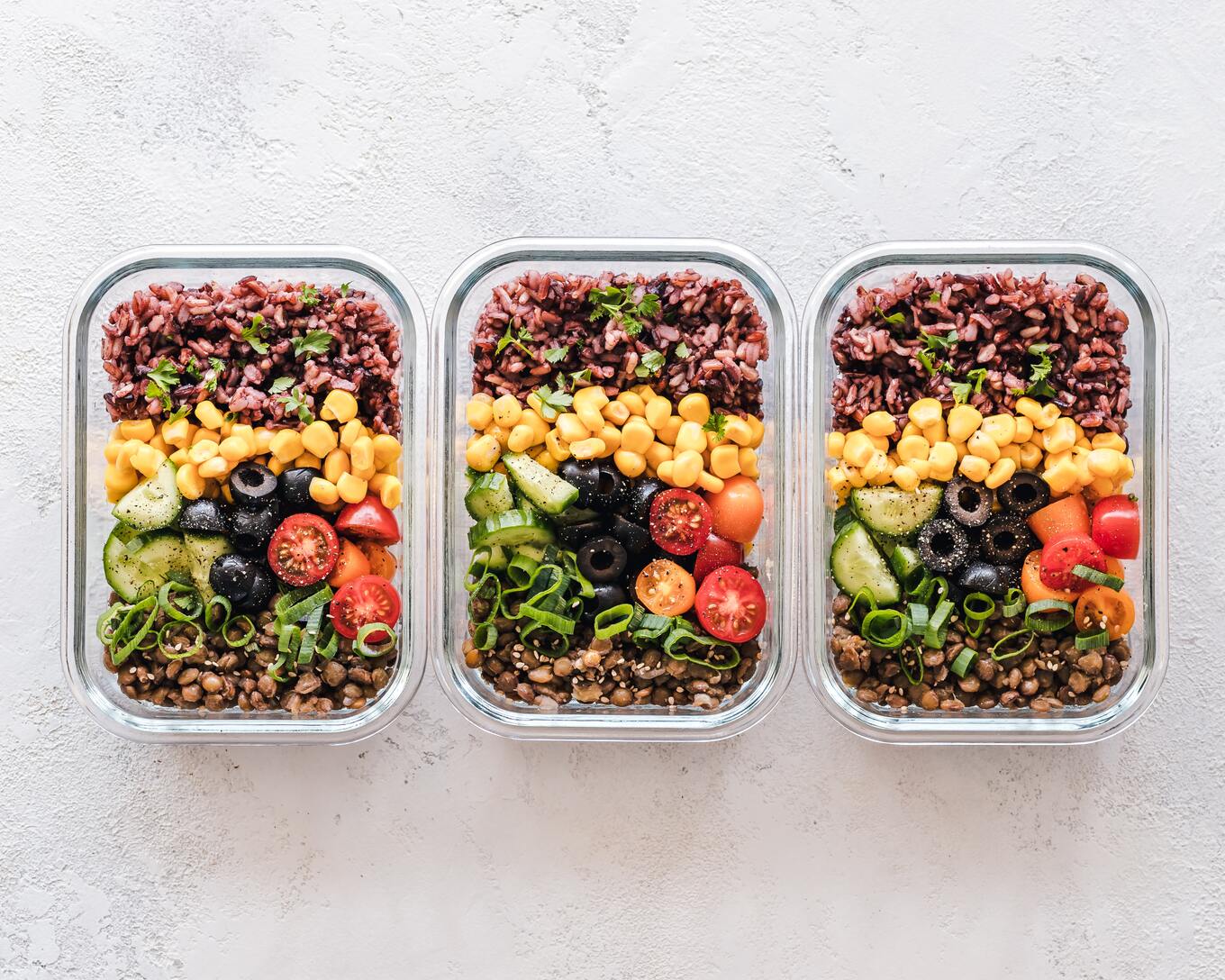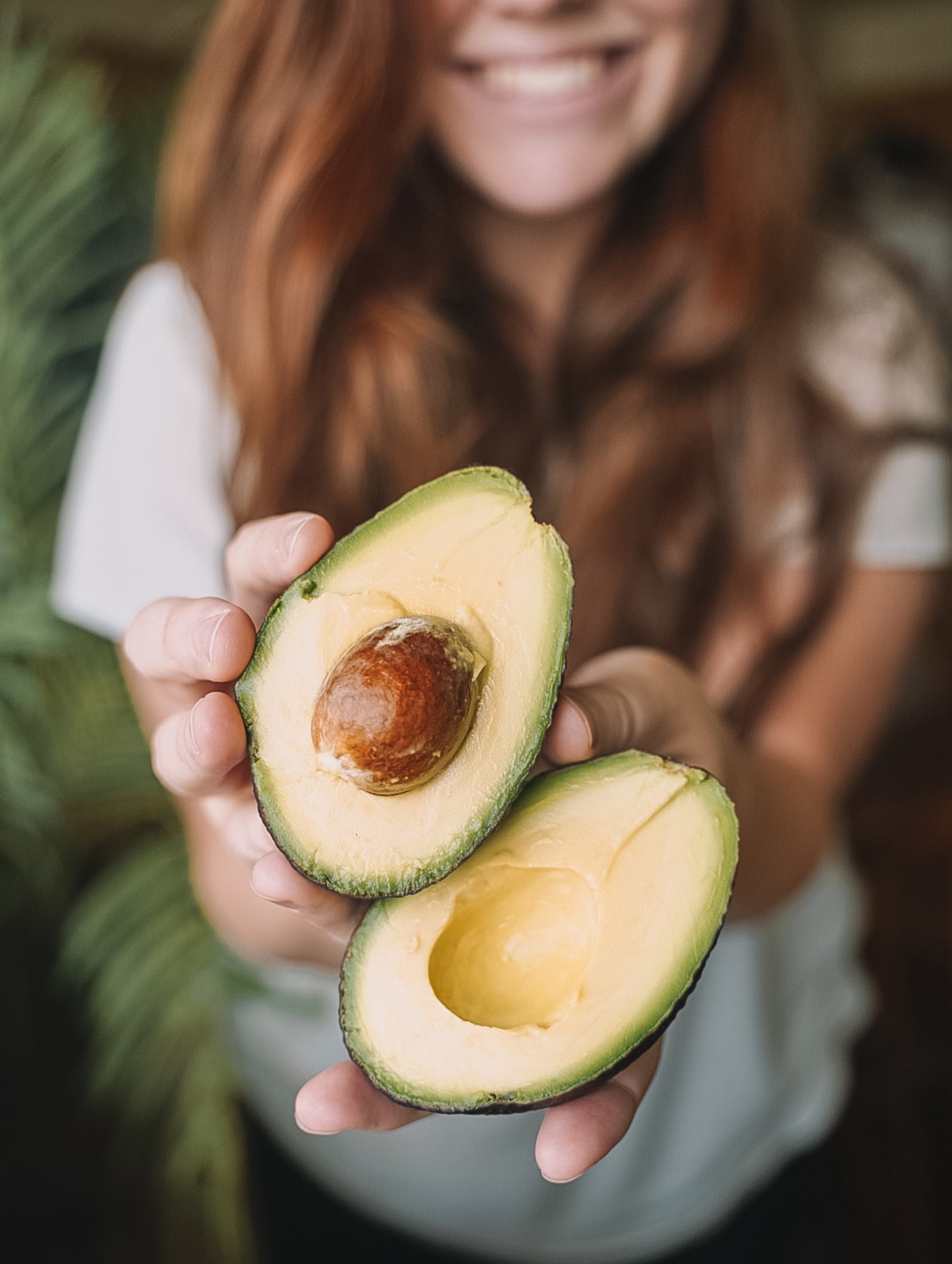A low-fat vegan diet can offer relief to people suffering from joint pain brought on by rheumatoid arthritis, according to a new study. Conducted by Physicians Committee for Responsible Medicine (PCRM) and published in the scientific journal American Journal of Lifestyle Medicine, the study consisted of 44 adults previously diagnosed with rheumatoid arthritis. At the onset, participants were tasked with identifying the severity of their joint pain—from “no pain” to “pain as bad as it could possibly be”—in the previous two weeks using the visual analog scale (VAS). Participants’ pain was also assessed using the Disease Activity Score-28 (DAS28), a pain indicator calculated based on tender joints, swollen joints, and C-reactive protein values, which indicate inflammation in the body. DAS28 numbers increase with the increased severity of rheumatoid arthritis.
Participants were then assigned to one of two groups for 16 weeks, with the first group following a self-prepared, research team-guided vegan diet for four weeks with phases of elimination of certain foods and reintroduction of those foods. Meanwhile, the second group followed an unrestricted diet and took a placebo capsule that had no effect on the study. Then, the groups switched diets.

Researchers found that during the vegan diet phase of the study, DAS28 scores dropped by 2 points on average and VAS ratings improved significantly. While participants were consuming a plant-based diet, they also reduced their average number of swollen joints from 7 to 3.3. Conversely, during the non-vegan phase of the study, the average number of swollen joints actually increased from 4.7 to 5.
The researchers also conducted a subanalysis that excluded patients who increased their medication intake during the study to find that the vegan phase was still linked to lower DAS28 numbers. During the vegan phase of the study, participants also experienced other health benefits including an average 14-pound weight loss (compared to a 2-pound weight gain during the placebo phase) and decreased total, LDL, and HDL cholesterol.
“A plant-based diet could be the prescription to alleviate joint pain for millions of people suffering from rheumatoid arthritis,” Neal Barnard, MD, lead author of the study and president of PCRM, said in a statement. “And all of the side effects, including weight loss and lower cholesterol, are only beneficial.”

Animal products and arthritis
These new study findings reinforce a growing body of research about the positive effects of a plant-based diet in alleviating arthritis pain. Conversely, research has previously shown that consuming animal products—especially in high amounts as part of a ketogenic diet—have the opposite effect.
One 2018 study conducted at the University of Florida (UCF) discovered a link between Mycobacterium avium subspecies paratuberculosis (MAP)—a bacteria found in 50 percent of cows in the United States—and the risk of developing rheumatoid arthritis. Published in scientific journal Frontiers in Cellular and Infection Microbiology, the study found that 40 percent of its 100 participants who had rheumatoid arthritis were also infected by MAP. Researchers identified that this bacteria was spread by consuming meat, dairy, and products treated with fertilizer from contaminated cows.
Studies focused on other illnesses also linked the consumption of animal products to poor health outcomes. Last year, a study jointly carried out by Catalan Institute of Oncology, the World Health Organization, and the Imperial College in London with a group of more than 300,000 female participants found that diets high in meat, dairy, and processed sugar increased one’s relative risk of breast cancer by as much as 12 percent.

Other health benefits of plant-based diet
In recent years, research about the plant-based diet has uncovered myriad health benefits in areas such as heart disease, diabetes, arthritis, and cancer. In a study published last year in the Journal of Urology, researchers linked the overall consumption of plant-based foods to a lower risk of prostate cancer in men under the age of 65. Conversely, a study published in the International Journal of Cancer found that men who consume three or more servings of dairy products a day had a 141 percent higher risk of death due to prostate cancer compared to those who consumed less than one serving.
And when looking at the whole picture, a plant-based diet can help people live longer, healthier lives while a diet high in animal products shortens healthy life. A comprehensive study published last year in the journal Nature Food quantified the marginal health effects, calculated in minutes of healthy life lost or gained, of more than 5,800 foods. With findings ranging from 74 minutes lost to 80 minutes gained, plant-based foods (such as fruits, cooked grains, ready-to-eat cereals, and non-starchy mixed vegetables) resulted in the largest gains while animal-derived foods (such as hot dogs, burgers, and breakfast sandwiches) were linked to the greatest reduction in lifespan.
For more about vegan diets and health, read:
The 10 Vegan Foods You Should Be Eating To Fight Stress
7 Inflammation-Reducing Vegan Food Groups
First Study of Its Kind Links Vegan Meat to Better Gut Health
JUMP TO ... Latest News | Recipes | Guides | Health | Subscribe









